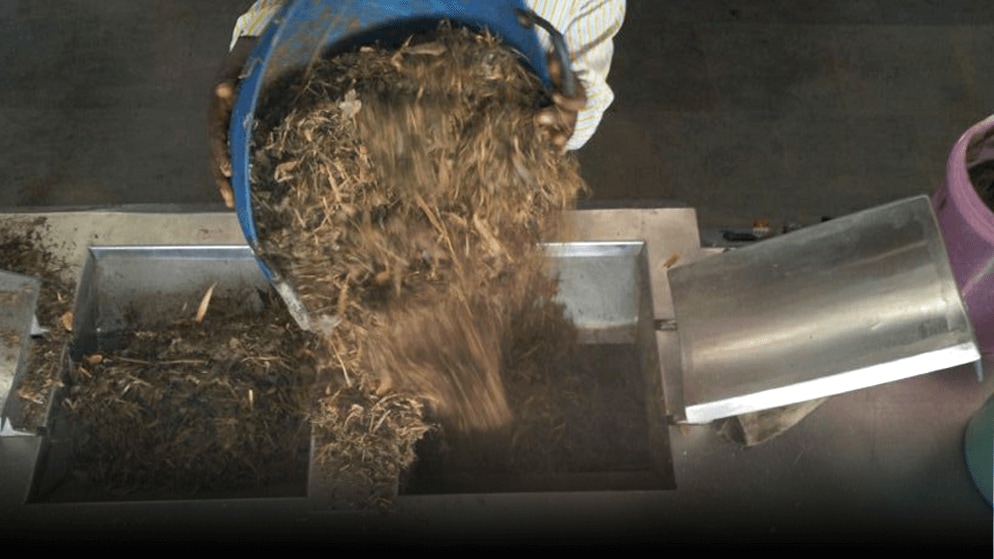Let the gardens bloom:
An organic waste success story

What we think: What damage can organic waste do to the environment? It’s biodegradable, so it must be harmless.
What facts say: Owing to its rapid generation, organic solid waste is a big environmental concern today. The earth’s natural biodegradation process is unable to keep up with this pace.
In our Indian campuses alone, we generate 18-19 tons of organic waste every day, which includes garden and food waste. As part of our waste management framework, our goal is to treat all organic, biodegradable waste on our campuses and not allow any of it to go out.
Treating organic waste in-house
We treat our organic waste using composting units and biogas plants

Aerobic converters decompose organic matter using microorganisms that require oxygen. The microbes responsible for composting occur naturally and live in the moisture surrounding organic matter. This is an environment-friendly composting method as it does not have any harmful byproducts.

Organic waste is aerobically treated using mechanized composters, producing organic manure.

Shredded garden waste and food waste are added to the Organic Waste Converter.

Vermicomposting is done using earthworms, to produce compost from vegetable or food waste.
Currently, we have the capacity to treat 100% of all organic waste generated across our campuses, in-house. This yields around 750 tons of compost every year that is used in the campuses for gardening and landscaping.

